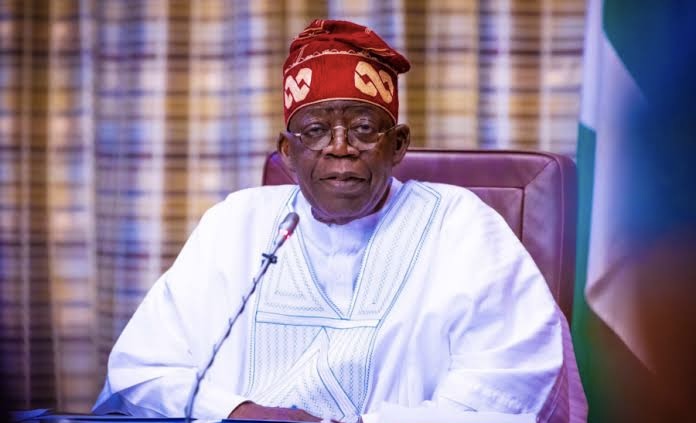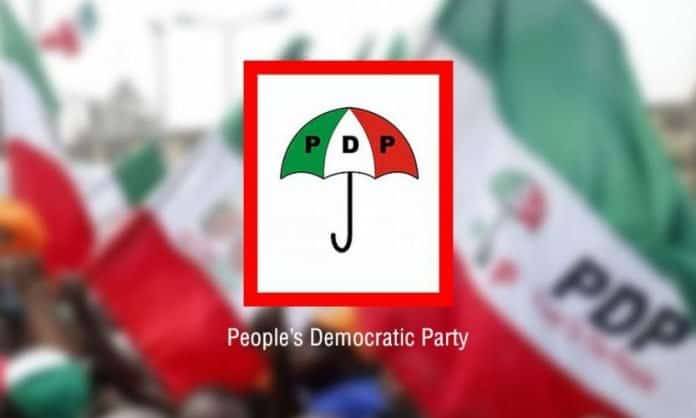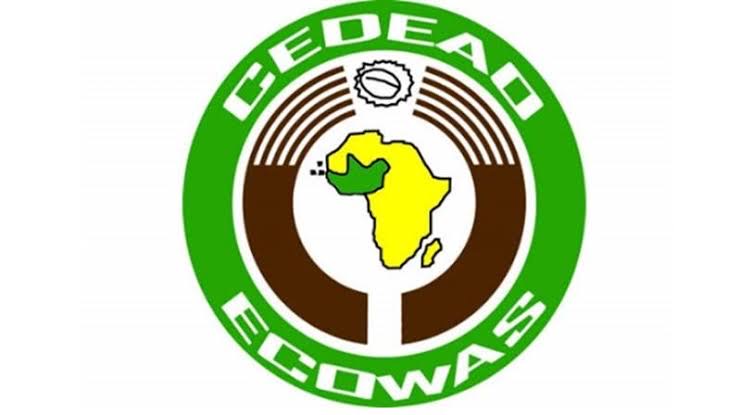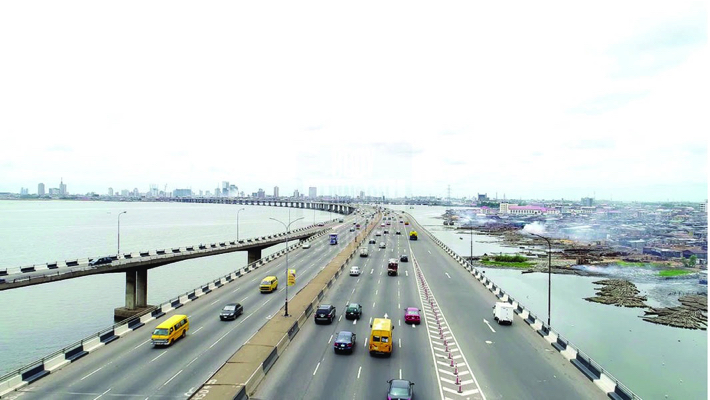ANALYSIS: As Twitter ban passes day 200, all sides continue to lose in the drag out

It’s been 200 days since the regime of President Muhammadu Buhari banned the operations of social media platform, Twitter, in Nigeria, ensuring a continuous violation of its citizens’ rights to freedom of expression.
Data collected by NetBlocks, a cyber-security and internet governance firm, indicated that Nigeria loses $1.38 million for every hour that the suspension has subsisted. As such, the Nigerian economy might have lost about N568 trillion to the suspension.
The federal government announced the suspension of Twitter operations in the country on June 4, after the social media giant deleted a post by President Muhammadu Buhari for “violation of the company’s abusive behaviour policy.” By June 5, the suspension was carried out by telecommunications companies as Nigerians witnessed Twitter’s shutdown across all platforms.
The Buhari regime’s ban on Twitter garnered immediate backlash from citizens and the international community, further damaging Nigeria’s democratic and rights credentials on a global scale. Foreign governments like Canada, the United States and the United Kingdom all spoke against the ban, citing the infringement on the freedom of speech.
Government agencies stopped tweeting in compliance with the ban. Public health body, the National Centre for Disease Control, which had daily shared updates on Twitter of COVID-19 stopped sharing.
Banks, network providers and other essential services providers closed off their Twitter customer service channels. Broadcasting stations also complied with the ban in fear of retribution from the Buhari- led regime.
Ayobami Adekojo, a prominent Twitter commentator, described the ban as a “gross violation of the fundamental human rights of Nigerians.”
“President Buhari has shown once again that he is not a democratic leader. Despite the unemployment problem in Nigeria today, the decision to ban twitter has exacerbated the problem with young Nigerians losing access to a global marketplace where they can conduct business. It is unfortunate that President Buhari’s regime is shrinking the civic space daily,” Mr Adekojo said.
The ban has directly affected businesses, especially the Small and Medium-scale Enterprises (SMEs) and government at different levels as Nigeria’s unemployment and insecurity concerns continue to worsen.
“At a time when the country needs to foster critical dialogue, encourage expression of opinion and share vital information, citizens are asked to keep quiet, even though the government has shown that it is incapable of addressing any serious economic, social, security related and political challenges,” Rinu Oduala, a rights activist, said to Peoples Gazette.
Ms Oduala noted the trust deficit between the Buhari-led administration and the citizens, noting that the ban on the social media sites operations continued to further it.
“If the Nigerian government can now block Twitter, it can even try to block the internet during the upcoming elections. Their actions have shown they are not willing to bridge the trust gap,” she said.
The Buhari regime has continued to defend its decision. In September, Abubakar Malami, the attorney general of the federation, told the Community Court of Justice of ECOWAS that President Muhammadu Buhari’s order banning Twitter “legally violated” Nigerians’ fundamental human rights. Mr Malami insisted that matters of national service trumped the Nigerian Constitution, especially the fundamental rights section of the document.
Julius Gaiya, a public affairs analyst, tells The Gazette “the major problem is the gaps existing in the constitution which must be addressed, because the same Constitution which guarantees freedom of expression also states that freedom is not absolute in itself.”
Mr Gaiya makes reference to section 45 of the 1999 Constitution (as amended), noting that while “The section allows fundamental rights to be limited in the interest of defence, public safety, public order, public morality or public health. It also permits limitation of fundamental rights to protect the rights and freedom of other persons.”
He said further, “These limitations are open to many translations, which the government has decided to utilise, this doesn’t make it legal in any case, but the constitution leaving a lot to interpretation is why the ban is still in force without any real legal justification and is still the same reason the government has failed to prosecute anyone.”
Though the administration had said negotiations with Twitter was underway, there has been no clarity on the timeline or status of the negotiations.
The Minister of State for Labour and Employment, Festus Keyamo had said last month that the dialogue to lift the ban on Twitter was in progress with few conditions yet to be met. Mr Keyamo, in an interview on Channels Television programme, Politics Today, on Sunday, explained why the ban has not been lifted.
Information minister Lai Mohammed neither returned The Gazette’s calls nor reply messages when reached for comments on the ban on Tuesday. Mr Mohammed had, however, in September, promised that lifting the ban was just a “matter of days.”
President Buhari in his Independence Day broadcast said he has directed that Twitter ban be lifted “only if the conditions are met to allow our citizens continue the use of the platform for business and positive engagements.”
The government’s conditions for reinstating free access to Twitter in Nigeria include: physically registering as a business entity in Nigeria, payment of taxes, and agreement to block contents that threaten national security and cohesion on its platform.
With how long the negotiations have dragged out, it is obvious that the demands of the Buhari regime are not readily agreeable to Twitter.
Users, small businesses and even public bodies who require Twitter to enhance their endeavour may need to suffer a little longer until one of the contending sides blinks.
We have recently deactivated our website's comment provider in favour of other channels of distribution and commentary. We encourage you to join the conversation on our stories via our Facebook, Twitter and other social media pages.
More from Peoples Gazette

Politics
Katsina youths pledge to deliver over 2 million votes to Atiku
“Katsina State is Atiku’s political base because it is his second home.”

NationWide
Nigeria positioned to power clean energy future of world: Tinubu
Mr Tinubu expressed his firm commitment to improve the developmental partnership between the European Union and Nigeria.

Africa
Benin, Liberia, Sierra Leone roll out malaria vaccines
With the announcement on World Malaria Day, the number of African countries incorporating the vaccines into their childhood immunisation programmes increased to eight.

NationWide
Group urges FG to decongest custodial centres after Suleja jailbreak
”We also call on the public to pay more attention to issues concerning corrections in Nigeria.”

Politics
PDP unveils 200-member campaign council for Edo 2024 guber election
The advisory council has seven eminent members of the state.

Africa
ECOWAS moves to tackle drug abuse in Sierra Leone, other countries
ECOWAS said the workshop was also to support efforts to tackle drug abuse and provide resources and strategies for member states, particularly Sierra Leone.

Lagos
FG to resume resurfacing of Third Mainland Bridge: Official
She said that the exact dates for the renewed construction would be announced soon.








